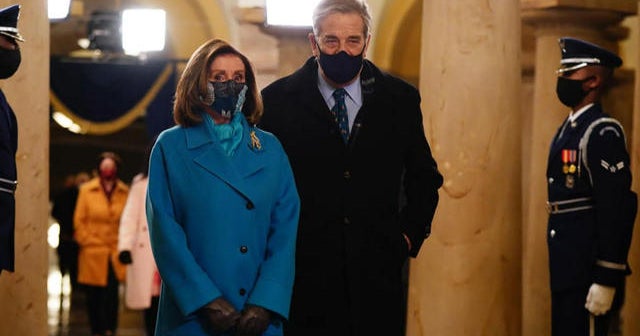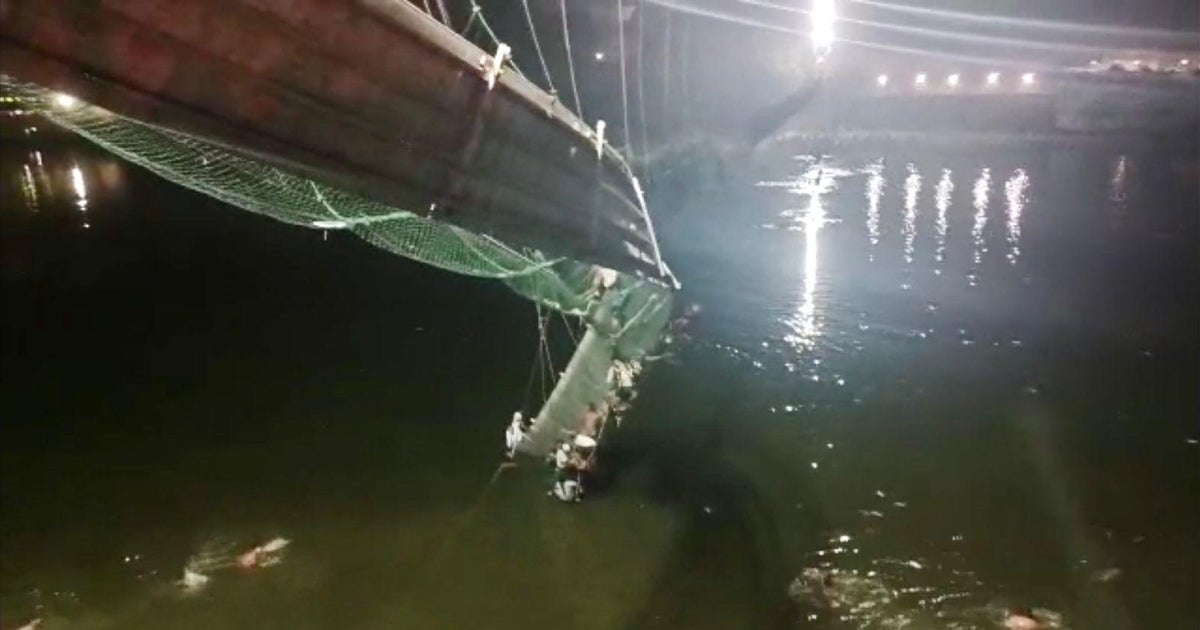INTERPRETER: What does Russia’s suspension of the grain agreement mean? WGN 720 Radio

NAIROBI, Kenya (AP) — Russia has suspended its part of a deal that allowed Ukraine to safely ship grain from its Black Sea ports amid months of war, and it appears the remaining partners are now left to take risks.
Ukraine said on Monday that a dozen ships had set sail, despite initial reports that more than 200 vessels, many of them loaded and ready to go, had been delayed following Russia’s notification over the weekend. Such exports are crucial: Ukraine and Russia are key global suppliers of wheat, barley, sunflower oil and other food products to countries in Africa, the Middle East and parts of Asia, where many are already struggling with hunger.
It is not yet clear who would risk sailing out of Ukraine without Russian protection after Moscow accused Ukrainian drones of attacking its Black Sea fleet. Kremlin spokesman Dmitry Peskov said that the implementation of the grain agreement is “hardly possible” in a situation where “Russia is talking about the impossibility of guaranteeing the safety of shipping in the specified areas.”
Here’s what Russia’s decision could mean for a world increasingly worried about food security and high food prices:
WHAT DID THE DEAL ACHIEVE?
The grain initiative was a rare example of cooperation between Ukraine and Russia since Russia invaded in February. With the mediation of the United Nations and Turkey, it allowed more than 9 million tons of grain on 397 ships to leave Ukrainian ports safely. According to the UN, the grain deal has reduced global food prices by about 15% from their peak in March, and the UN secretary-general has called on Russia and Ukraine to renew the deal when it expires on November 19.
Chicago wheat futures jumped more than 5% on Monday after Russia’s announcement, while key oil futures rose in Asian markets. With tight global markets, prices will rise and poorer countries will have to pay more to import grain, said Joseph Glauber, a senior fellow at the International Food Policy Research Institute in Washington.
Before the grain deal brokered by the US and Europe, Russia was accused of starving vulnerable parts of the world by denying exports. After the deal, Russian President Vladimir Putin claimed that most of the exported grain went to Europe and not to the world’s hungriest countries.
The UN Conference on Trade and Development, however, said in a report released last week that wheat mainly goes to poorer countries, with almost 20% of exported wheat going to least developed countries.
Ukraine said more than 5 million tons were exported to countries in Africa and Asia, and 190,000 tons of wheat were sent to countries receiving aid from the UN World Food Program.
ARE THE SHIPS STILL MOVING?
A ship carrying 30,000 tonnes of wheat for Ethiopia under the program set sail on Monday, Ukraine said, one of a dozen ships carrying more than 354,000 tonnes of agricultural products that Ukraine said left port after the UN and Turkey agreed on the movement of ships through the humanitarian service. corridor. Ethiopia, along with neighboring Somalia and Kenya, has been hit hard by the region’s worst drought in decades.
The question is when the new ships risk sailing without security guarantees from Russia, said Glauber, the former chief economist at the USDA.
“I suspect the answer is no,” he said. For “insurance companies and others who insure these boats … the rates will go up and will likely be prohibitively high.”
William Osnato, senior research analyst at agricultural data and analytics company Gro Intelligence, echoed this, saying ship tracking charts did not show any vessels heading toward Odessa.
A spokeswoman for the Joint Coordination Center, which oversees logistics and ship inspections, did not immediately respond to questions about which ships could go.
When asked about Turkey’s intention to continue implementing the agreement without Russia’s participation, the Kremlin spokesman said only that “contacts with the Turkish side, as well as with the UN, are ongoing.”
WHAT WILL HAPPEN NOW?
Russia requested a meeting of the UN Security Council on Monday to discuss this issue, offering to deliver up to 500,000 tons of grain “for free to the poorest countries in the next four months.”
Although sanctions against Russia do not affect its grain exports, and a parallel wartime deal was supposed to clear the way for Moscow to supply food and fertilizer, some businesses were wary.
Ukraine, the United States and allies again accused Russia of “Hunger Games”.
Developing countries will have to find new suppliers and pay more from countries such as the United States, Argentina and Australia, where dry conditions or rain create problems, Glauber said. But high prices mean growers will plant more, and those that aren’t normally big wheat exporters, such as Brazil and India, have supplied more.
“The world needs really big crops,” he said, and with Ukraine accounting for 10% of the world’s wheat exports, “it’s a big hole to build.”
WHAT ELSE INFLUENCES NUTRITION?
Peter Meyer, head of grains and oilseeds research at S&P Global Platts, said he doubted Russia’s decision would have a lasting impact on the price and supply of corn and grains. Commodity traders were skeptical that the deal would go ahead, which he said was one of the reasons corn prices have risen rather than fallen since the agreement reached in July.
Meyer said grain markets were more focused on other issues, including low water levels in the Mississippi River slowing U.S. farm exports, a disappointing corn crop in the American West and the threat of a U.S. railroad strike.
But in parts of the African continent where prices remain high, concerns are rising again.
“It’s going to cause another little shock to the markets and I think it’s going to push prices up for a while,” said Sean Ferris, Kenyan agriculture and markets adviser for Catholic Relief Services, a distribution partner for the World Food Programme. “This will mean that the record high prices in East Africa will not come down anytime soon.”
After four failed rainy seasons in the Horn of Africa, millions of people are starving and millions of cattle, a vital source of food and wealth, are dying. The pastures have disappeared. Ferris said he has spoken to companies that send hundreds of tons of processed feed to northern Kenya to support weakened animals.
The latest failure in Ukrainian exports is another layer of stress for food safety systems, he said.
Poorer countries in North Africa and the Middle East, where bread is an important part of people’s diets, may not have alternatives like rice in Asia or sorghum elsewhere in Africa, Glauber said. It raises the specter of unrest in places where bread prices fueled the Arab Spring uprisings.
“Wheat is available, but it will be very expensive,” he said.
___
Bonnell reported from London. AP reporters Paul Wiseman in Washington and Anna Arkhirova in Kiev, Ukraine contributed.
___
Follow all AP coverage of the food crisis at https://apnews.com/hub/food-crisis and the war in Ukraine at https://apnews.com/hub/russia-ukraine.
https://wgnradio.com/news/business-news/ap-explainer-what-russias-suspension-of-grain-deal-could-mean/




